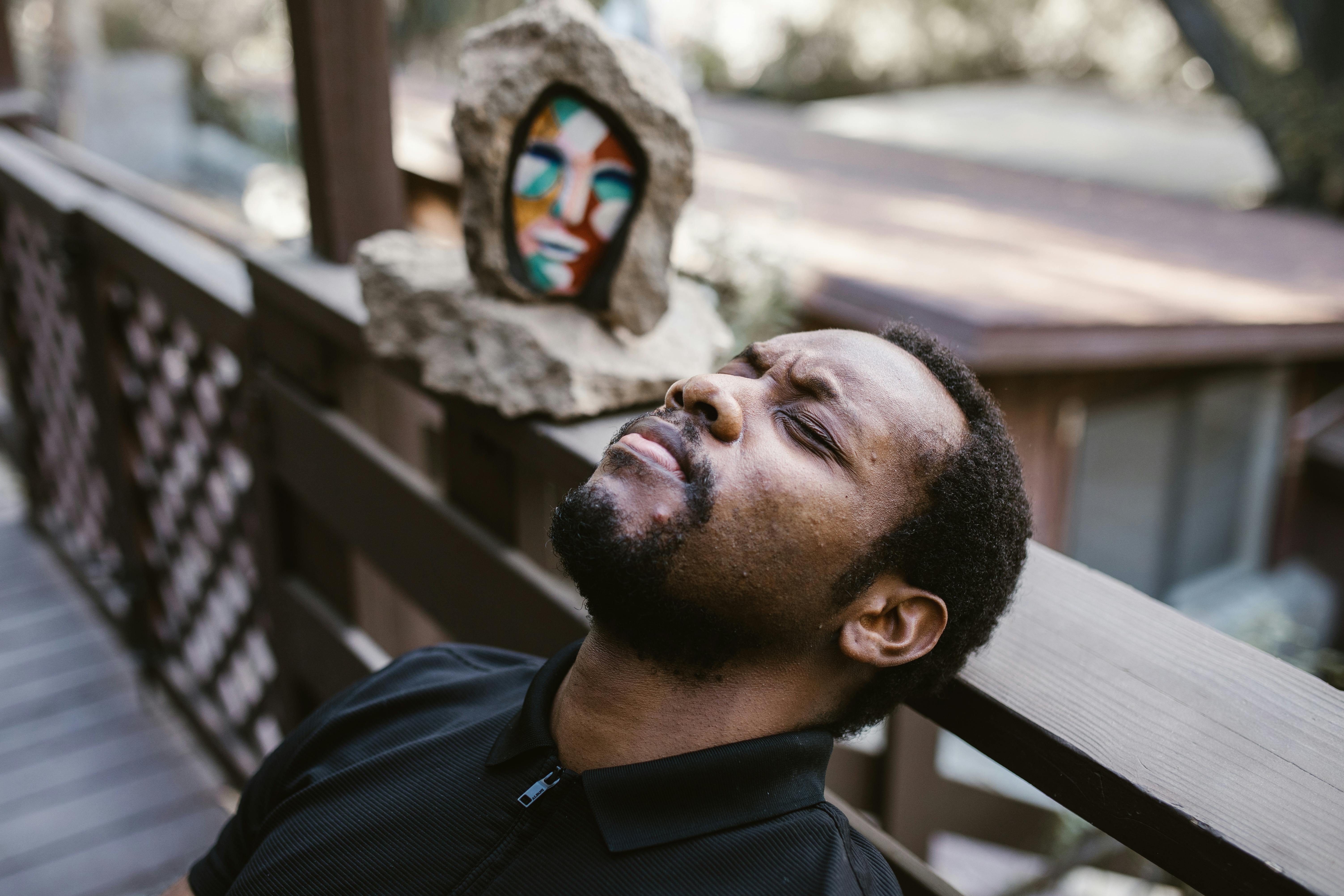The coastal town was proud of its prohibition against alcohol. The town was originally founded as a religious retreat for Methodists who wanted to get closer to God by living and worshiping in the beautiful forest He had created.
At the Howard Street Methodist Episcopal Church in San Francisco on June 1, 1875, a group of people held the first meeting of the Pacific Grove Retreat Association.
Among the main concerns of the group was the sale of intoxicants. The blue laws, often referred to as the “Founding Fathers Rules”, dealt with quite a diverse range of topics.
They included things like behavior that would be allowed on the premises, baggage delivery on Sundays, staying out past 10:30 p.m., smoking on platforms or near public buildings, swearing, and wearing bathing suits.
The provisions relating to alcohol were particularly strict.
Even those who bought property had to agree to a provision in the lease that prohibited the sale of liquor on the property. This clause also prohibited gambling on said property.
The city became known as “Chautauqua-by-the-Sea”, a community of culture and learning. The first camp meeting of the Pacific Coast branch of the Chautauqua Literary and Scientific Circle was held in 1879.
The event was modeled after the Methodist Sunday School Teacher Training Camp established in 1874 at Lake Chautauqua, New York Pacific Grove built Chautauqua Hall in 1881, which became known as the Old Chapel or Assembly Hall.
Speakers were said to come from all over the world to give lectures in what had become a well-known cultural center in the west. At the end of each season, the town held its “Lantern Festival”, signifying the closure of each Chautauqua until the next summer.
In November 1879, after the summer campers had returned home, Robert Louis Steven-son wandered through the deserted camps: “I have never been in such a dreamy place. In fact, it was not so much a deserted town as a scene .on stage in daylight, and with no one on the boards.”
It wasn’t until 1927 that Pacific Grove Retreat decided to become a legitimate town.
Pacific Grove residents soon realized that the city’s strict control over the sale of alcohol was hurting them financially.
Tourists were welcome in the Monterey Bay area, and their dollars were important, even to Pacific Grove.
But many of the tourists, unable to relax with a glass of wine at dinner, simply headed to neighboring cities outside the dry area, such as Monterey, Watsonville or Santa Cruz for dinner.
Soon, tourists began staying at hotels in towns that allowed the sale of alcohol, alleviating the need to drive back to Pacific Grove after dinner.
It didn’t take long for parents in the city of Pacific Grove to realize that they were losing money for the surrounding communities due to alcohol prohibition. Residents began holding meetings to discuss the need to legalize alcohol.
Strong campaigns arose to abolish the “no alcohol” law. The merchants felt that they were at a great disadvantage to their neighboring communities, especially Monterey, which was their main competitor.
The Monterey Herald reported, “There are no bars, liquor stores, or cocktail lounges in Pacific Grove and may never be. The original deed restrictions provided for a city whose lips would never touch liquor.”
Leading the fray to keep Pacific Grove dry was Mrs. Elmarie Dyke, who moved to Pacific Grove with her family in 1909.
Lady. Dyke had graduated from Pacific Grove High School and later became a school teacher in the city schools. He also revived and produced Feast of Lanterns from 1963 to 1980.
His strong determination was not enough to keep alcohol out of Pacific Grove.
Pacific Grove Mayor Bob Quinn pointed out at a meeting that Pacific Grove residents did not drink less than their neighbors. There were so many bottles of liquor in the trash in Pacific Grove, but people just couldn’t buy it there.
Finally, in 1968, the City of Pacific Grove decided to vote on the question of whether the laws prohibiting alcohol should be repealed. The measure passed easily with a vote of 3,383 to 2,269.
Even today, the consumption of alcohol in public places in Pacific Grove is restricted to restaurants where food is served.
However, liquor can be purchased at a limited number of closely monitored package stores.

